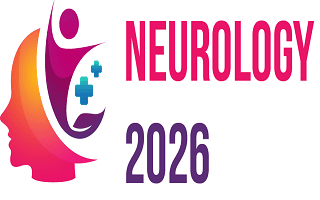4th International Conference on
Neurology & Neurological Disorders
October 15-16, 2026 | Paris, France

Address: Zone Hoteliere 2 Allee Du Verger Roissy En France, 95700, Paris, France
Neurology 2026

University of Debrecen, Hungary
Abstract:
The rapidly evolving field of artificial intelligence has sparked considerable discussion regarding the potential for artificial consciousness. However, achieving this goal relies on a precise understanding of biological consciousness. At its core, consciousness is an endothermic information processor and intellect generator. Perception, acting as a reversible, probabilistic thermodynamic cycle, imparts probabilistic and quantum characteristics to cognition. At the same time, consciousness' intrinsic unity and essential separation represent particle-like features. These particle-like features are characteristic of consciousness. The fermionic mind hypothesis (FMH) proposes that consciousness is the fundamental unit of intellect, much like fermions form the basis of matter. FMH demonstrates that physical laws govern behavior, and emotions represent the four fundamental forces of motivation. One of these forces, emotional electromagnetism, plays a crucial role in shaping our tendency for bias, representing bipolar behaviors. This bipolarity arises from the perception cycle, which is reversible, leading to contrasting psychological conditions known as the psychological up-and-down spin. The Pauli exclusion principle applies to social interactions, causing a tendency towards competition. Winners and losers in these competitions give rise to hierarchical social dynamics akin to atomic organization. Similarly, the adoption of gravity by intelligent computation gives rise to mental gravity (MG). MG assists bipolar behavior in forming a hierarchic social organization. The fermionic characteristics of consciousness suggest that the brain adapts to its surroundings by adopting the physical laws that govern its environment. FMH can explain the puzzling nature of consciousness, inspire psychology, and facilitate artificial intelligence, including artificial consciousness development.
Biography:
Eva Deli has completed his PhD from Debrecen University. She has published more than 40 papers in reputed journals, and she is the author of the book, “Emotional Reasoning; Insight into the Conscious Experience.”
